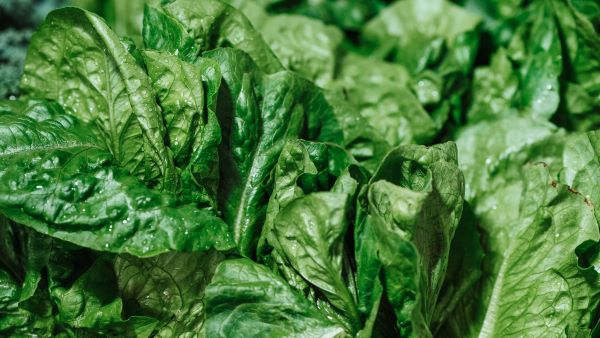7 Health Benefits of Eating Spinach
Seven health benefits of eating spinach.
The post introduces spinach as a time-honoured vegetable and describes the health benefits of eating these versatile leaves.
This is the post for the letter S of the blog chatter A2Z writing series in April and for the letter R here.
Spinach is a leafy vegetable native to central and western Asia as early as 2000. From there, it was introduced to India and China via Nepal in 647AD as 'Persian vegetables.' The vegetable appeared in England and France by the fourteenth century.
Spinach means different things to different countries. In South Africa, there are two types of Spinaches: Swiss chard and baby spinach. It is more challenging to grow baby spinach than Swiss chard.
Nutritional contents in spinach.
- One cup of raw spinach contains seven calories.
- Protein, calcium, iron, magnesium, potassium, vitamin C and folate.
- It also contains vitamin K, fibre, phosphorous and thiamine.
- Also, iron, calcium, magnesium, and plant compounds.

Photo by Kindel Media.
Health benefits.

1. Diabetes management.
Spinach contains the antioxidant alpha-lipoic acid, which as per studies, can lower glucose levels, increase insulin sensitivity and prevent oxidative stress-induced changes in patients with diabetes.
2. Cancer prevention.
Research suggests that chlorophyll in spinach may have anti-cancer properties.
3. Asthma management.
Antioxidants such as vitamins C and E and beta-carotene in spinach may assist lung functions.
4. Lowering the blood pressure.
The high potassium content in spinach may help to manage blood pressure. Potassium can help reduce sodium in the body; low potassium is a risk factor in developing high blood pressure as a high sodium intake.
5. Bone health.
Studies have shown a link between low vitamin K and an elevated risk of bone fracture. Eating spinach can up the vitamin K in the body.
6. Promote digestive regularity.
Spinach is high in water and fibre; both prevent constipation and promote a healthy digestive tract.
7. Healthy skin and hair.
Spinach and other healthy leaves are crucial for building and maintaining collagen, providing skin and hair structure.
Risk and side effects.
- Spinach is rich in dietary oxalate; consuming it at a higher level can increase the risk of developing kidney troubles.
- For those who take blood thinners like warfarin, it is essential not to take spinach and other vitamin K substances immediately.
- The high potassium in the leaves can cause harmful effects on those who have kidney troubles.
Conclusion.
The post introduces spinach as a time-honoured vegetable and describes the health benefits of eating these versatile leaves.
This post is for the letter S in the series of my A2Z blog posts, lasting for the entire month and is part of the A2Z Blog chatter challenge. To read earlier posts, click on these letters A B C D E F G H I J K L M N O P Q R.


Comments
Post a Comment